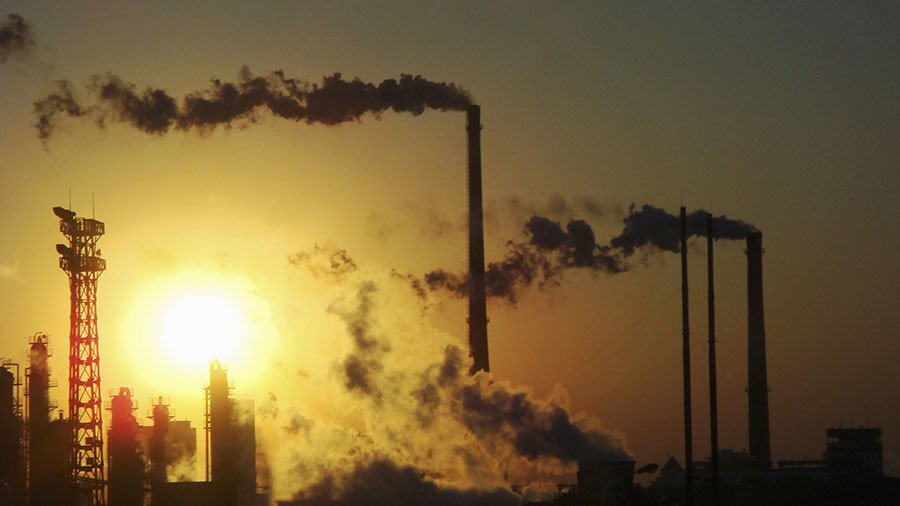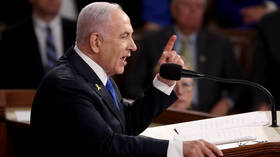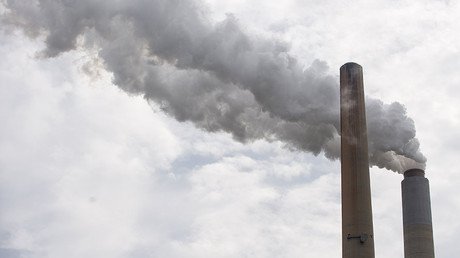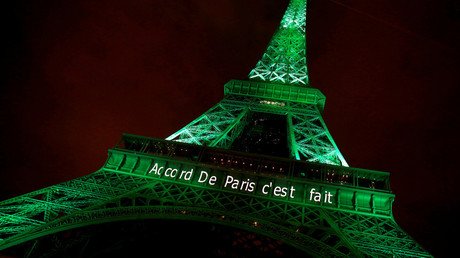World Bank no longer to fund oil and gas projects to slow global warming

To boost the global economy’s shift to cleaner energy, the World Bank announced on Tuesday it will stop the financing of oil and gas exploration and extraction starting from 2019.
“As a global multilateral development institution, the World Bank Group is continuing to transform its own operations in recognition of a rapidly changing world. The World Bank Group will no longer finance upstream oil and gas, after 2019,” the international financial institution said in a statement at a climate summit in Paris.
#China to create world's largest floating solar power plant in move to clean energy https://t.co/Z0Q4WBXI0Epic.twitter.com/7hNZrFtGgR
— RT (@RT_com) December 11, 2017
The step is reportedly aimed at helping countries meet greenhouse gas-curbing commitments, made to back the Paris Agreement, adopted at the end of 2015. The pact is set to limit global warming.
READ MORE: Macron hosts leaders for climate talks, says ‘stronger mobilization’ needed
“In exceptional circumstances, consideration will be given to financing upstream gas in the poorest countries where there is a clear benefit in terms of energy access for the poor, and the project fits within the countries,” the World Bank added.
The institution co-sponsored the one-day event organized by the French government. The summit was held to unlock the necessary funds to finance a shift from fossil fuels to less-polluting energy sources, as well as to buoy national efforts against climate change-induced weather disasters.
Germany goes green: Country produces record 35% of its power from renewables https://t.co/HJ0uD3MuJdpic.twitter.com/cKIXB4Qh1q
— RT (@RT_com) July 3, 2017
The Paris Agreement aims to slow down global warming by keeping temperatures from rising more than 2°C (3.6°F) by 2100, the level that will reportedly help to prevent some of the worst effects of climate change. The agreement is currently backed by 195 countries with Syria and Nicaragua pledged to join the movement.
In June, US President Donald Trump announced he intended to quit the pact, slashing funding for global climate projects. When Syria and Nicaragua join the ranks of those who signed the pact, the US will be isolated as the only country opposed to the climate deal.














